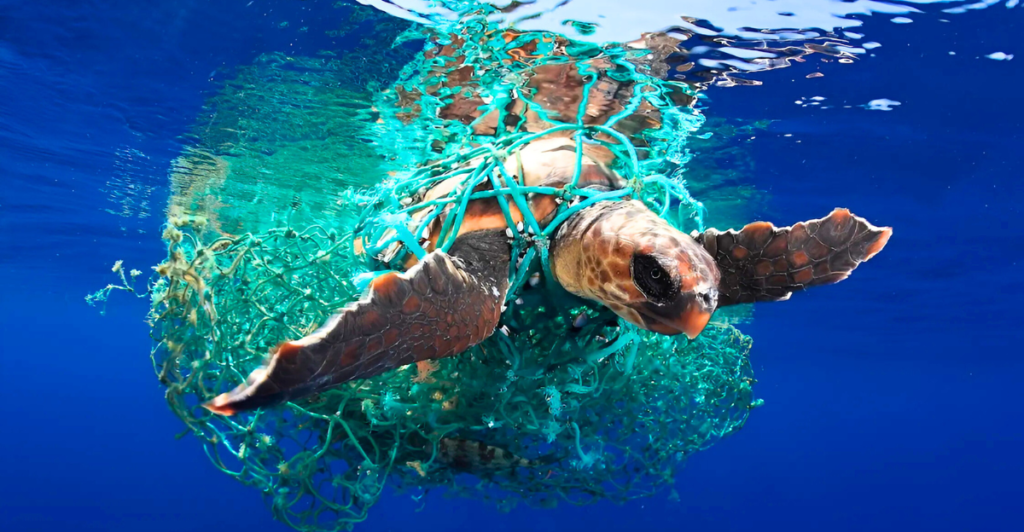
In recent years, the United Nations has intensified its efforts to combat climate change, emphasizing the urgent need for global cooperation. The 2024 UNEP Emissions Gap Report highlights our critical choices: limit global warming to 1.5°C, adapt to 2°C, or confront catastrophic consequences beyond 2.6°C. Achieving the 1.5°C target necessitates a 43% reduction in greenhouse gas emissions by 2030. This ambitious goal requires immediate and sustained action from all nations to transition towards sustainable energy sources and reduce carbon footprints.
The Escalating Threat of Pollution

Pollution remains a pervasive threat to ecosystems and human health worldwide. Industrial activities annually release approximately 300–400 million tons of heavy metals, solvents, toxic sludge, and other wastes into the water cycle. This contamination affects drinking water sources, marine life, and agricultural productivity. Addressing pollution requires stringent regulations, innovative waste management solutions, and a collective commitment to reducing industrial emissions.
Biodiversity at a Crossroads

Biodiversity is declining unprecedentedly, with over a million species threatened with extinction. Habitat loss, overexploitation, pollution, and climate change contribute to this crisis. The loss of biodiversity jeopardizes ecosystem services vital for human survival, including pollination, water purification, and disease regulation. Conserving natural habitats and implementing sustainable practices are essential to halt this decline.
Coral Reefs in Peril
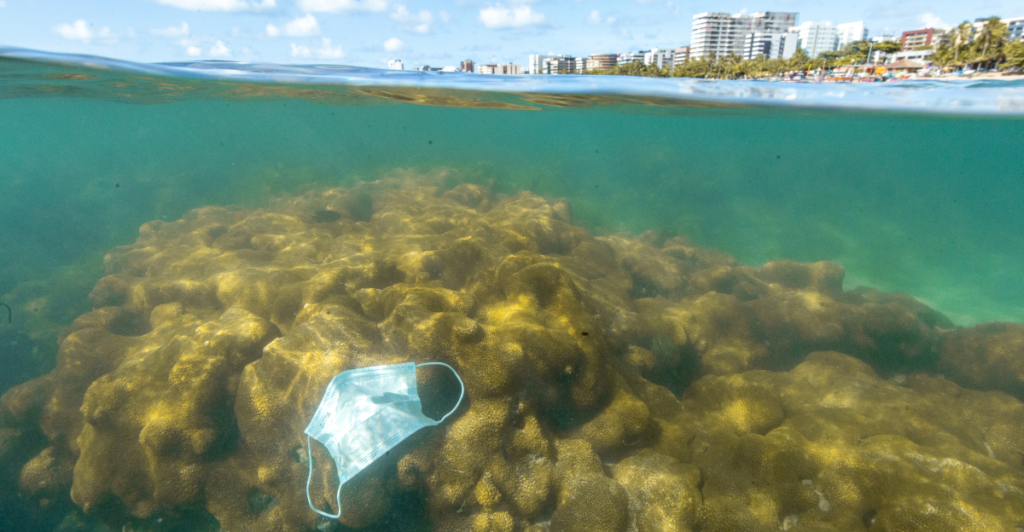
Coral reefs, often called the “rainforests of the sea,” are experiencing severe bleaching due to rising ocean temperatures. The fourth mass bleaching event has affected 77% of global reefs, threatening marine biodiversity and the livelihoods of nearly one billion people who depend on them. Protecting these vital ecosystems requires immediate action to reduce greenhouse gas emissions and implement conservation strategies.
The Role of Fossil Fuels in Climate Change
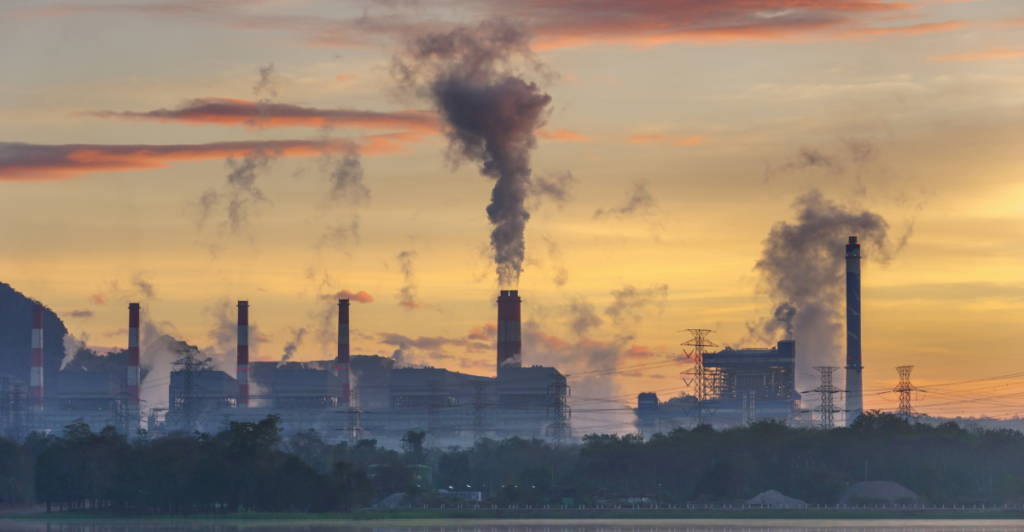
The global reliance on fossil fuels has been likened to a “Frankenstein’s monster” by UN Secretary-General António Guterres. This dependency contributes significantly to greenhouse gas emissions, leading to record-breaking temperatures and extreme weather events. Transitioning to renewable energy sources is imperative to mitigate these impacts and achieve climate goals outlined in international agreements.
Legal Actions for Environmental Protection

Environmental activists increasingly turn to litigation to hold governments and corporations accountable for insufficient climate action. Notable cases include challenges against fossil fuel projects and inadequate ecological policies. These legal actions aim to enforce existing environmental laws and push for more ambitious climate commitments, highlighting the judiciary’s role in addressing environmental concerns.
The Importance of Meeting Biodiversity Pledges
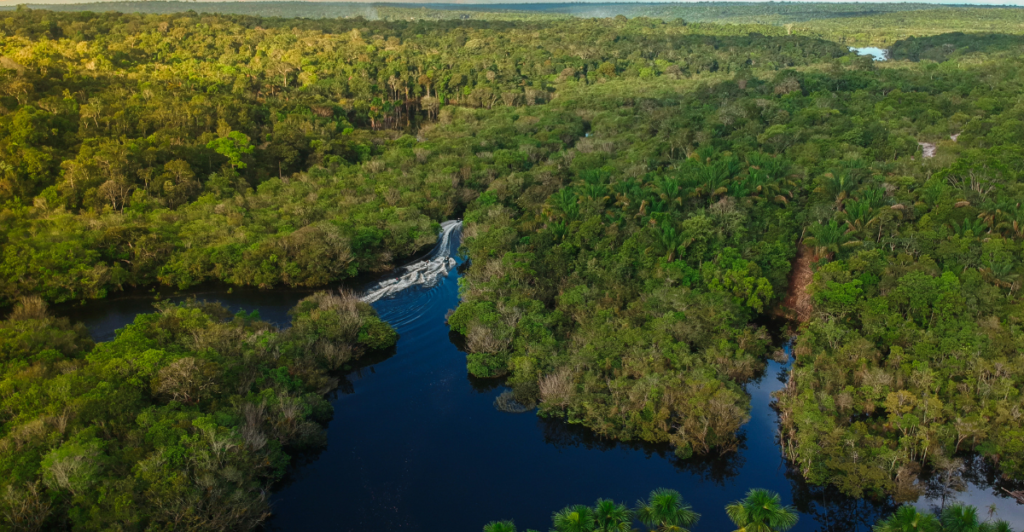
Despite global commitments to protect 30% of land and sea by 2030, more than half of the world’s countries are not on track to meet these targets. This shortfall undermines efforts to halt nature loss and preserve essential ecosystem services. Enhanced international cooperation, adequate funding, and robust monitoring frameworks are crucial to achieving these biodiversity goals.
The Impact of Climate Change on Food Security

Climate change poses a significant threat to global food security. Rising temperatures, altered precipitation patterns, and increased frequency of extreme weather events affect crop yields and livestock productivity. For instance, if current emission trends continue, Africa may lose 30% of its maize cultivation area and 50% of its bean-growing regions. Implementing climate-resilient agricultural practices is essential to safeguarding food supplies.
The Necessity of Immediate Emission Reductions

To prevent the most severe impacts of climate change, global greenhouse gas emissions must peak before 2025 and decline by 43% by 2030. Delaying action increases the risk of surpassing critical temperature thresholds, leading to irreversible environmental damage. Coordinated efforts across all sectors, including energy, transportation, and industry, are required to achieve these emission reduction targets.
The Role of International Agreements

International agreements like the Paris Agreement are pivotal in uniting countries to address climate change. These accords set collective targets for emission reductions and provide frameworks for monitoring progress. However, achieving the outlined goals necessitates that nations fulfill their commitments and regularly enhance their climate action plans.
The Challenge of Funding Conservation Efforts

Adequate funding is essential for implementing effective conservation strategies. Developing countries often harbor rich biodiversity and require financial support to protect natural habitats and enforce environmental regulations. International funding mechanisms and fulfillment of financial pledges by developed nations are critical to bridging the conservation funding gap.
The Influence of Industrial Campaigns on Environmental Policies

Industrial sectors, particularly the fossil fuel industry, have launched campaigns to influence environmental policies. These efforts aim to counteract measures such as electrification and bans on gas connections in new buildings, which could potentially hinder progress toward reducing emissions. Awareness and regulation of such campaigns are necessary to ensure that environmental policies prioritize public health and ecological sustainability.
The Path Forward: Collective Responsibility
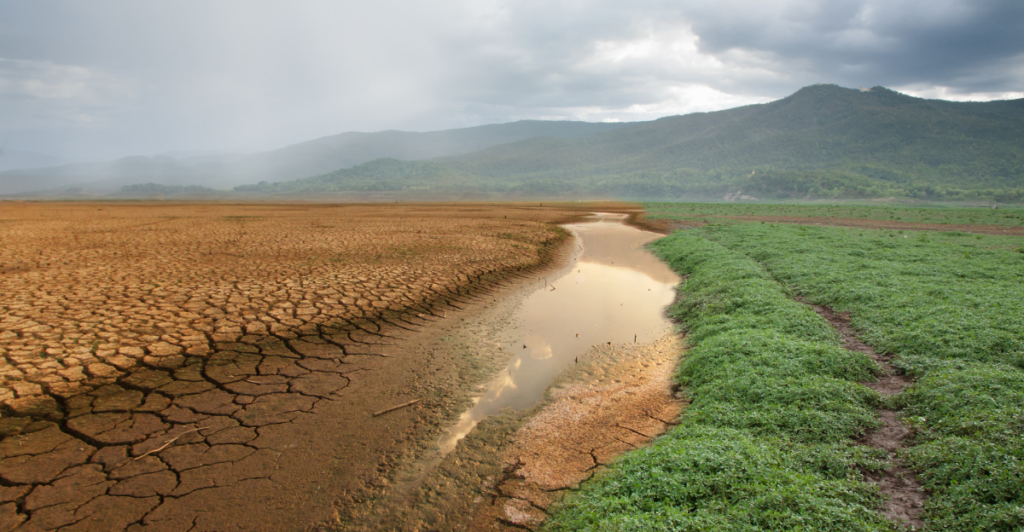
Addressing the intertwined challenges of climate change, pollution, and biodiversity loss requires collective action from governments, industries, communities, and individuals. Implementing sustainable practices, enforcing environmental regulations, and fostering international cooperation are pivotal steps toward securing a resilient







